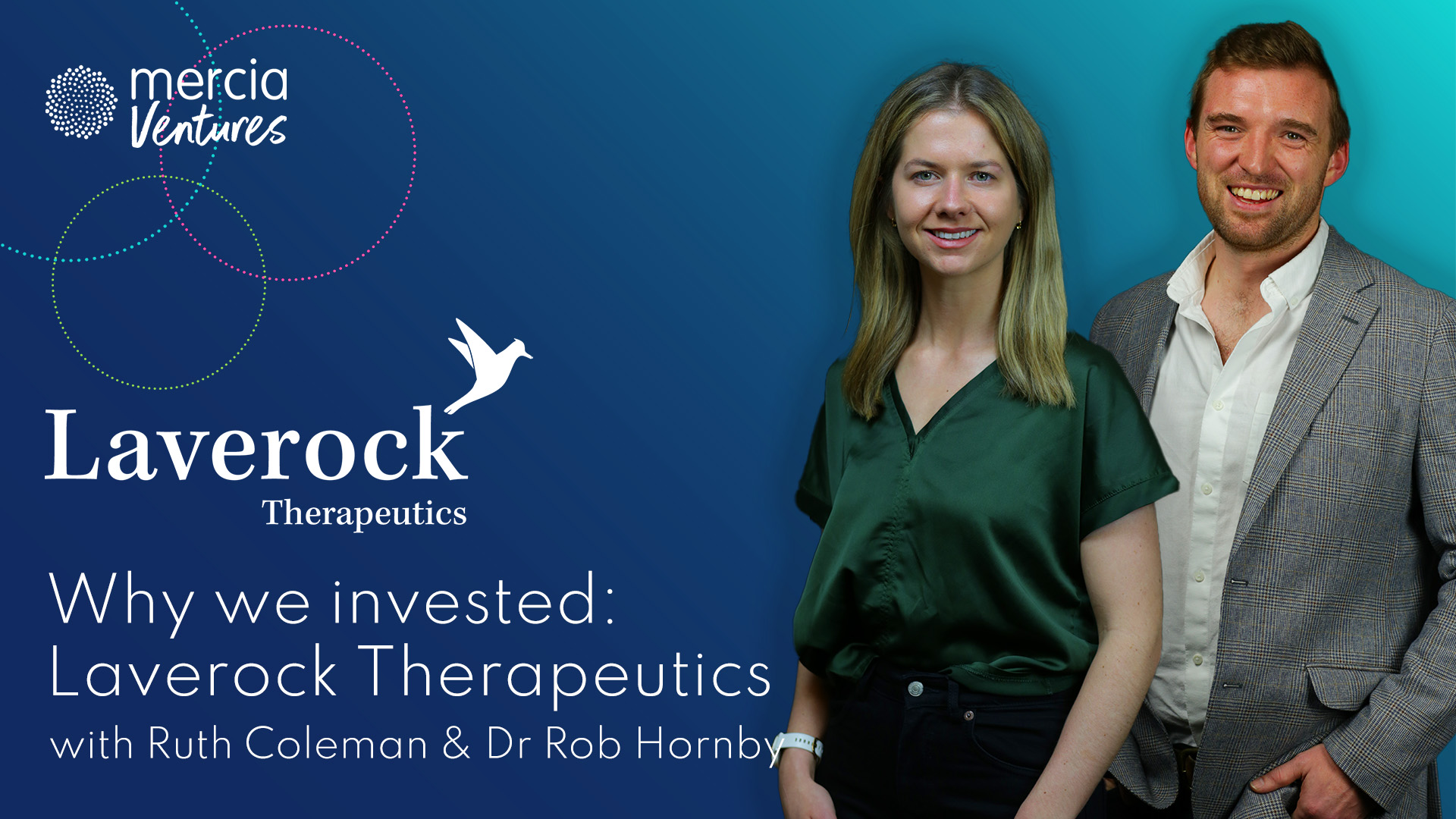Cell and gene based therapies are the next frontier in medicine. Unlike other therapies they have the potential to cure diseases as opposed to merely treating the disease, as is the case with more traditional treatment modalities. It feels like they almost belong in a sci-fi movie; genetically engineering a patient’s own cells or replacing diseased cells with healthy cells to cure disease.
Progression of the field has been bolstered by key innovations such as CRISPR/Cas9 gene editing enabling a more precise editing of a cell’s DNA, and the development of induced pluripotent stem cells (IPSC’s), a process that reprogrammes somatic cells into other cell types.
Unfortunately, major progress in this area has been hampered by a range of common issues associated with this form of treatment: immune system rejection of donor cells; hostile tumour microenvironments limiting therapeutic efficacy, and issues in manufacturing these therapies at a cost and scale that would make them viable to treat a broad range of conditions in multiple markets.
Laverock have developed a novel gene silencing platform focused on how miRNAs can be rewired to engineer improved cell and gene therapies. Their platform, called GEiGs (Gene Editing induced Gene Silencing) is a new approach to gene regulation. GEiGs centres around leveraging the endogenous role that miRNAs play in the regulation of RNA translation, by redirecting these miRNAs away from their endogenous targets to a target of interest within the therapeutic cell. This is different to existing approaches which work mainly by introducing exogenous RNA into the cell. GEiGS has a unique combination of effects, namely its ability to induce stable, tunable and programmable gene silencing with minimal off-target effects. Laverock are currently developing programmes in regenerative medicine and immuno-oncology, with a focus on Type I Diabetes and solid tumour responsive T-cell and macrophage based immune therapies.
Our Thesis
The cell and gene therapy market is worth >$10bn and is growing rapidly, a result of these new therapeutic modalities offering the potential to treat previously incurable conditions. Given the unique benefits of the GEIGs platform, Laverock are well placed to overcome some of the hurdles which others in the field have fallen foul of, such as, off target effects and limited therapeutic efficacy. Laverock have demonstrated in vitro that their technology is effective in gene silencing with strong specificity. Additionally, they have been able to lean on its parent company’s (Tropic Bioscience) progression of the platform in plants, which gives Laverock a head start on its platform development. We are excited to back the team. You can read more about their seed raise here.
